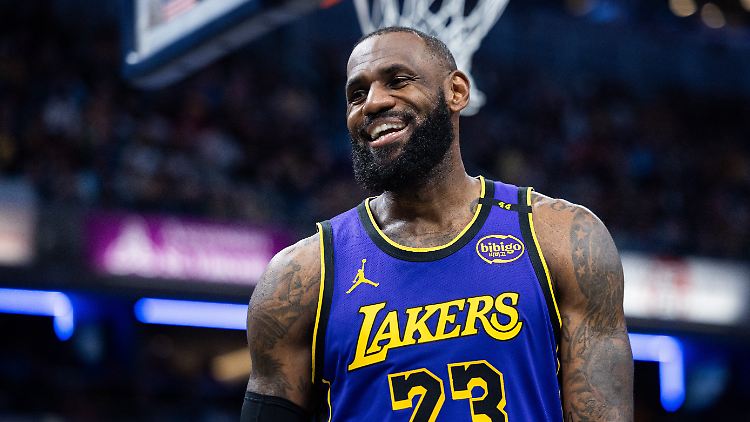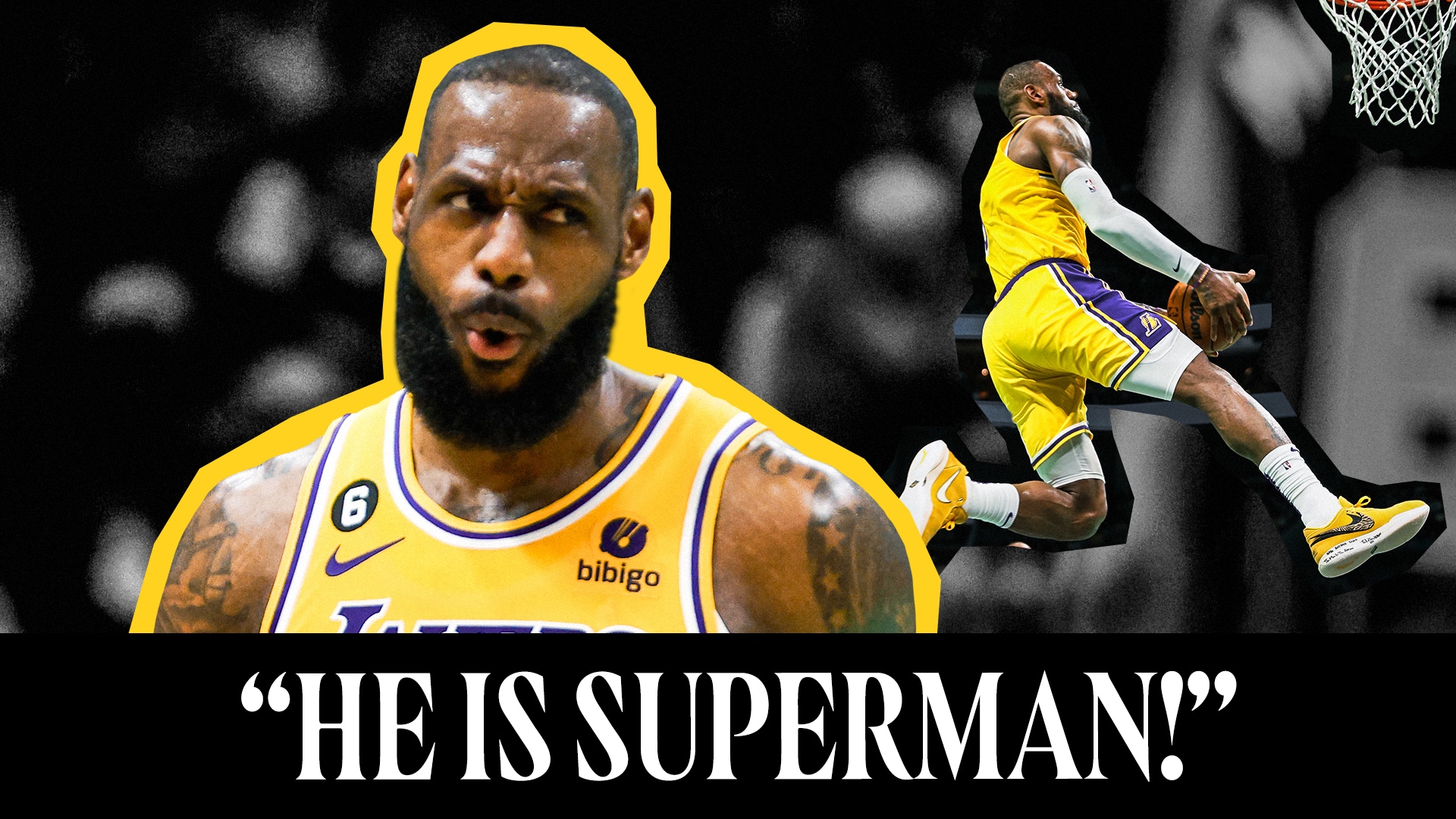NBA titan LeBron James, a figure with an estimated net worth surpassing $1.3 billion, recently offered a stark look into the unyielding financial discipline governing his wealth. Speaking candidly on his wife, Savannah James', podcast, the superstar detailed the severe, non-negotiable threat he issued to his very first financial manager, a warning born from his deep-seated fear of returning to poverty. This revelation provides a rare, compelling glimpse into the mindset that governs one of the most successful athlete-businessman transitions in history.
The Haunting Scarcity Mindset: A Legacy of Akron
Despite his current status as a global icon, four-time NBA champion, and successful entrepreneur, James admitted he is still deeply motivated by a "scarcity mindset." This psychological framework isn't a business strategy; it is a profound emotional reaction that originated from his challenging, resource-poor upbringing in Akron, Ohio. Raised primarily by his single mother, Gloria James, in public housing, James experienced firsthand the fragility of financial security.
His current fear of losing his massive empire is the primary driver of his extreme financial caution, a stance that stands in stark contrast to the aggressive, risk-taking required in his basketball career. On the court, James thrives on high-pressure moments and calculated risks; in the boardroom and in his personal accounts, the approach is fundamentally conservative. The wealth he has built is viewed not merely as a resource for luxury, but as an essential barrier against the hardships of his past.
James emphasized the impossibility of a financial "reset" for him, highlighting the psychological finality of failure for someone who came from nothing:
"I can’t start over. There is absolutely no way," James declared. He used the board game Monopoly as an analogy, noting life isn't about passing "Go and collect $200." He concluded, "No, I'm too far gone at this point in my life."
He admitted this intense aversion to financial risk makes it significantly difficult for him to embrace riskier investments compared to some of his friends and contemporaries. This mindset means that every partnership, every investment, and every hire is vetted not just for potential gain, but for the minimal probability of loss.
The Foundation of Trust and the Non-Negotiable Warning

This deep-rooted fear manifests as ironclad rules for his wealth managers and associates. James understands that delegating control is necessary for scaling his business, but this delegation comes with stringent conditions rooted in his own experience of life's unforgiving nature.
Recounting the pivotal moment he hired his first financial advisor, James laid down the law with startling clarity, setting a precedent for every professional relationship that followed. This was not a friendly chat about investment strategies; it was a firm declaration of boundaries:
"The first thing I told my financial advisor when he wanted to manage my money was: 'If you ever steal my money, bro, or if I go broke, I’m letting you know, it’s not going to be good for you,'" James shared.
The chillingly direct statement underscores James' total commitment to asset preservation. By clearly articulating the severe consequences of failure or betrayal, he effectively transforms his fear into a rigorous system of financial oversight and accountability.
Impact on Business Decisions

This cautious yet intense approach is evident in James’s business portfolio, which often favors long-term stability and equity ownership over quick-hit returns. His success with SpringHill Company, Fenway Sports Group, and Blaze Pizza showcases a preference for building enduring enterprises rather than fleeting endorsements. The decision to invest heavily in his own ventures—where he maintains a high degree of control—is a direct reflection of his scarcity mindset, minimizing reliance on external parties and ensuring transparency. This meticulousness not only protects his current net worth but also secures the legacy he is building for his three children. This revelation provides a rare and compelling insight into how personal history shapes the multi-billion-dollar business decisions of a sports legend.

